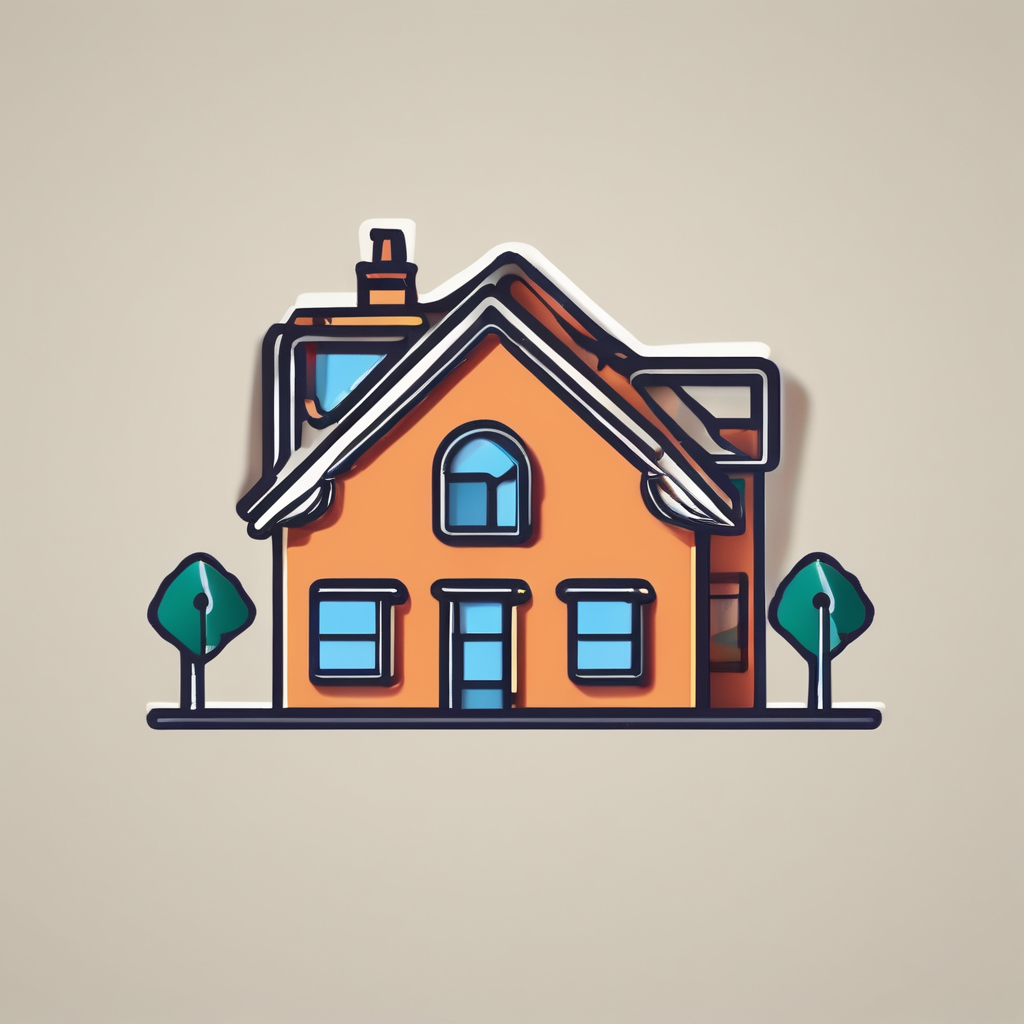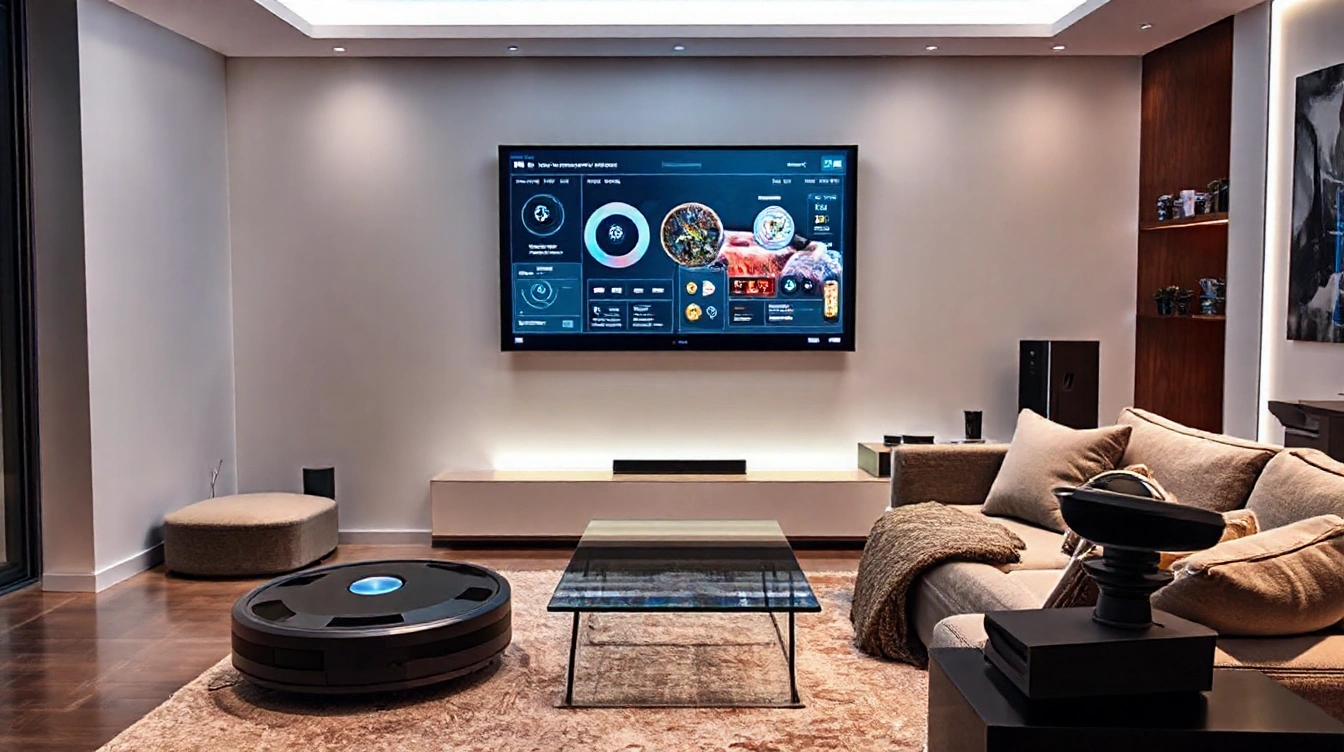Overview of Innovative Home Technologies in the UK
Exploring cutting-edge trends transforming residential spaces
The UK home technology trends are increasingly shaped by a demand for smarter, more sustainable living. At the forefront are innovative technologies in UK homes designed to enhance convenience, energy efficiency, and security. Smart thermostats, intelligent lighting systems, and integrated home assistants are no longer luxuries but becoming standard features.
This might interest you : How Can Recent Policies Impact Everyday Life in the UK?
Driving this innovation is a combination of environmental concerns, rising energy costs, and the desire for seamless automation. British homeowners are embracing solutions that reduce carbon footprints, such as solar panels combined with home energy storage, alongside AI-driven systems that adapt to personal routines. Additionally, the surge in remote work has accelerated the integration of home office technologies that connect effortlessly with daily living spaces.
The focus on UK home technology trends also highlights increased interoperability. Devices capable of communicating across platforms allow for tailored environments that adjust lighting, temperature, and security without user input. This convergence is pivotal for widespread adoption of innovative technologies in UK homes.
This might interest you : How is urban planning changing the landscape of UK cities?
By understanding these developments, homeowners can better navigate options and build residences that are smarter, greener, and more responsive to their evolving lifestyles.
Smart Home Systems and Automation
Harnessing technology for ease and efficiency
In the smart home UK landscape, home automation technology has rapidly gained traction, transforming traditional living spaces into connected homes. Central to this evolution is the integration of smart home hubs, lighting, and thermostats that offer unparalleled convenience. These devices enable users to remotely control household functions through smartphones or voice commands, adapting environments to personal preferences effortlessly.
For example, lighting systems can be programmed for different moods or timed schedules, while smart thermostats learn heating patterns to optimize energy use and maintain comfort. This level of personalisation not only enhances daily living but also contributes to energy efficiency and cost savings.
UK consumers have embraced these innovations, with adoption rates reflecting an increasing confidence in smart home technology. Leading UK brands specialize in designing systems that seamlessly integrate with existing home infrastructure, facilitating easier uptake among homeowners.
The appeal lies in the versatility of smart home systems: whether adjusting lighting scenes from afar, receiving alerts about home security, or automating climate control, residents gain greater control and peace of mind. As home automation technology continues to evolve, connected homes in the UK are set to become smarter, safer, and more responsive to individual lifestyles.
Energy-Efficient Appliances and Eco-friendly Solutions
In the UK, the adoption of energy-efficient appliances is essential for reducing both utility bills and carbon footprints. Many households now use A-rated appliances, which are designed to consume less electricity while maintaining high performance. These eco-friendly appliances include refrigerators, washing machines, and ovens that help lower energy consumption substantially.
Beyond appliances, sustainable home technology has gained traction. Smart meters provide real-time monitoring of energy usage, enabling residents to adjust their consumption habits effectively. Similarly, solar panels have become an increasingly common feature in energy-efficient UK homes, harnessing renewable energy to cut reliance on traditional power sources. When combined with home battery storage systems, excess solar energy can be stored and used during peak times, enhancing energy independence and further reducing costs.
The integration of these eco-friendly solutions contributes significantly to sustainability goals. By using energy-saving measures and sustainable home technology, UK households can achieve notable savings on utility bills while actively supporting environmental preservation. This combination not only boosts household efficiency but also fosters a greener lifestyle, illustrating how smart choices in appliances and home systems drive progress in energy efficiency.
Advanced Home Security Technologies
In the realm of home security UK, innovative security systems like smart locks, video doorbells, and motion-sensor alarms have transformed how residents protect their homes. These technologies provide more than simple deterrence; they enable active monitoring and real-time responses.
Smart locks offer keyless entry, allowing homeowners to control access remotely via smartphone apps. This feature is invaluable for granting trusted visitors entry without physical keys, enhancing convenience and security. Video doorbells combine HD cameras with two-way audio, enabling users to see and communicate with visitors from anywhere. Integrating motion sensors with alarms ensures that suspicious activity triggers immediate alerts, deterring intruders.
A crucial benefit of these smart surveillance UK systems is their capacity for remote monitoring. Homeowners can receive notifications and view live footage anytime, providing peace of mind even when away. Many UK systems also integrate directly with police services, allowing faster emergency responses when alarms detect verified threats.
Leading brands in the UK market emphasize interoperability and robust encryption to safeguard users’ data. For example, notable case studies highlight homes prevented from burglary due to rapid alerts sent via interconnected devices. These advancements make home security UK more efficient and accessible than ever before.
Sustainable Building Materials and Construction Innovations
Exploring sustainable construction UK means prioritizing materials that reduce environmental impact while enhancing energy efficiency. The use of innovative building materials such as recycled steel, reclaimed wood, and hempcrete significantly lowers carbon footprints. These materials not only conserve resources but also improve a building’s insulation, cutting energy demand.
In the UK, green homes UK often integrate modular construction techniques, which streamline assembly and minimize waste on site. Prefabricated modules are produced under controlled factory conditions, ensuring precision and reducing material excess. This method shortens build times and supports more sustainable urban development.
Moreover, adherence to passive house standards has become a hallmark of progressive UK projects. These homes maximize natural ventilation, solar gains, and airtightness, resulting in ultra-low energy usage year-round. Recent developments showcase successful blends of these principles, such as the BedZED eco-village in London, which features renewable energy and water-saving tech alongside sustainable materials.
By embracing such advancements, the sustainable construction UK sector is driving transformation. Innovative materials combined with modular and passive house design form the foundation for greener, more efficient living spaces across the UK. This approach aligns with increasing demand for green homes UK that are both environmentally responsible and comfortable.
The Role of Renewable Energy in UK Homes
Small steps towards sustainable living
The expansion of renewable energy homes UK is reshaping how households power themselves. Solar homes UK are increasingly common, as domestic solar panels offer a practical way to harness sunlight effectively. Many UK homes now integrate solar panel systems, reducing electricity bills and reliance on fossil fuels.
Domestic wind solutions also contribute notably, particularly in rural and coastal areas where wind availability is higher. Modern, quieter wind turbines adapted for homes complement solar setups, providing a more consistent energy supply throughout the year.
Heat pumps have gained traction as an efficient alternative to traditional heating. They extract heat from the air or ground, lowering carbon footprints and energy costs, especially when paired with solar power.
Government incentives play a crucial role in accelerating this transition. Schemes like the Renewable Heat Incentive encourage homeowners to install heat pumps, while many local authorities provide grants or reduced council tax for adopting renewable technologies. These initiatives make renewable energy homes UK more accessible and financially attractive.
Communities embracing these technologies demonstrate tangible benefits, such as reduced energy bills and enhanced energy independence. Numerous neighborhoods have formed cooperatives to invest collectively in renewables, magnifying their impact and fostering sustainable living.
Emerging Technologies and Future Trends
Discovering future home tech UK means diving into a wave of innovation where AI-powered home assistants increasingly integrate with everyday life. These assistants go beyond voice commands, learning preferences to automate lighting, heating, and security systems seamlessly. Robotics is another key player, with intelligent robot hoovers and automated gardening devices showing impressive advancements, simplifying household chores while fitting elegantly within smart home ecosystems.
The surge in innovative home devices also emphasizes health, wellness, and accessibility. Tech like air quality sensors, smart sleep monitors, and adaptive lighting systems are transforming UK homes into personalized sanctuaries that cater to physical and mental wellbeing. Accessibility tech is evolving, empowering residents with disabilities through voice-activated controls and environment-adaptive devices tailored to individual needs.
Looking ahead, UK smart home trends predict an even deeper fusion of IoT (Internet of Things) devices with AI. Homes will become more anticipatory, using predictive analytics to adjust environments proactively for comfort and energy efficiency. Integration across devices will improve interoperability, creating unified control hubs that streamline experiences. Such progression promises a future where technology enhances daily life without complexity, making smart homes truly intuitive and accessible for everyone.









